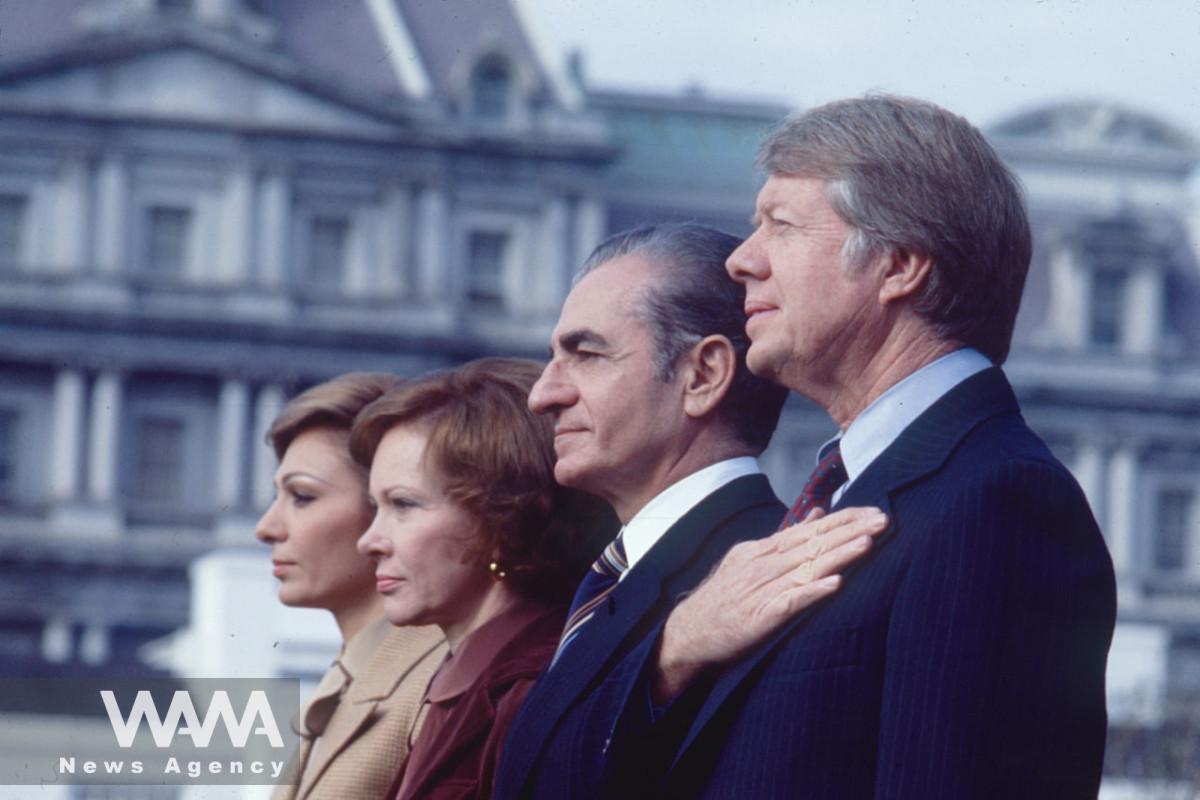From Tabas to Muscat: Where History Meets Diplomacy
WANA (Apr 26) – The 5th of Ordibehesht (April 25), in the historical memory of the Iranian nation, is not only a reminder of the United States’ military failure in the Desert of Tabas, but also a symbol of the defeat of interventionist strategies that are designed without an accurate understanding of the target environment and the real balance of power.
At that time, the government of Jimmy Carter, under domestic pressure to free the American hostages in Tehran, decided to close the crisis file by choosing the wrong path of military action. However, incorrect calculations, lack of knowledge about the field conditions, and resorting to hard power tools not only failed to lead to the release of the hostages but ultimately resulted in the political downfall of the U.S. president.
Now, on the eve of the hundredth day of Donald Trump’s presidency, the diplomatic atmosphere of the region is once again witnessing an important event: “the start of a new round of indirect negotiations between Iran and the United States in Muscat.”

Rome: A Shift in U.S. Tone, Firm Stance from Iran
WANA (Apr 19) – The second round of indirect talks between Iran and the United States was held today, April 19, 2025, in Rome. The negotiations, mediated by Oman, brought together delegations from both countries, including Seyed Abbas Araghchi and Steve Witkoff, in a four-hour session. According to reports, this round had a noticeably […]
This unintended simultaneity is not merely a historical coincidence but a strategic reminder: that attempting to resolve crises without a realistic understanding of the power and will of the other side can lead not only to failure in a specific case but also to the erosion of a president’s political capital.
Unlike Carter, Trump, despite the threats he has made so far, has not used the military path to confront Iran. Over the past hundred days, Donald Trump has failed to achieve success in major dossiers, including Gaza, Yemen, Ukraine, the tariff war, and reducing the budget deficit, and therefore, by adopting a “success-portraying” approach, he seeks to maintain the confidence of his administration and his supporters.
Although the Muscat negotiations are advancing within a political-technical framework and concern a nuclear case, they could become a turning point in the political record of the U.S. president. A successful agreement, based on three key principles — balance, transparency, and the rule of law — could compensate for part of the failures of Trump’s first hundred days; and on the other hand, it could also deliver Iran a strategic achievement in defending its national interests.
Unlike the Tabas operation, which had been designed with the assumption of quickly ending the crisis, these negotiations have been formed on the basis of a mutual understanding of power and balance. The United States well knows that Iran is no longer the same actor of the 1970s; more than forty years of resistance, the development of indigenous capabilities, and the expansion of strategic depth have turned Tehran into a player that cannot — and indeed should not — be bypassed. This very reality has caused the atmosphere of dialogue to move away from coercion and domination and towards cooperation based on reciprocal principles.

The Passing of Jimmy Carter on the Anniversary of His Visit to Iran
WANA (Dec 30) – Jimmy Carter passed away at the age of 100, coinciding with the anniversary of his visit to Iran in 1977. Today, December 30, 2024, the news of Jimmy Carter’s death, the 39th President of the United States, was announced. Two years after his election, Carter, accompanied by his wife and […]
In this path, Iran has also demonstrated that just as it resists on the battlefield to secure its interests, it is also an active player in the realm of diplomacy. The Islamic Republic considers negotiations legitimate and possible only when they are based on preserving dignity, independence, and national interests. Iran’s presence in Muscat is not for granting concessions, but for ensuring balance in commitments, guaranteeing nuclear rights, and the acceptance of international rules in a non-biased framework.
The principle of “balance” means the effective lifting of all sanctions in exchange for technical commitments; “transparency” means guaranteeing the non-diversion of Iran’s nuclear activities; and “rule of law” means the continuation of peaceful activities within the framework of international law.
Just as the Tabas operation failed without even a single shot being fired, victory in negotiations can also be achieved without compromising on principles—if today’s prudence accompanies the legacy of yesterday’s resistance.
This intersection — between a military anniversary and a political event — serves as a reminder that history can either repeat itself or be corrected, and it is a choice that both sides now face.
In the meantime, a rare opportunity has emerged to create a shared success — an opportunity that does not pass through surrender, but through commitment to strategic rationality.













